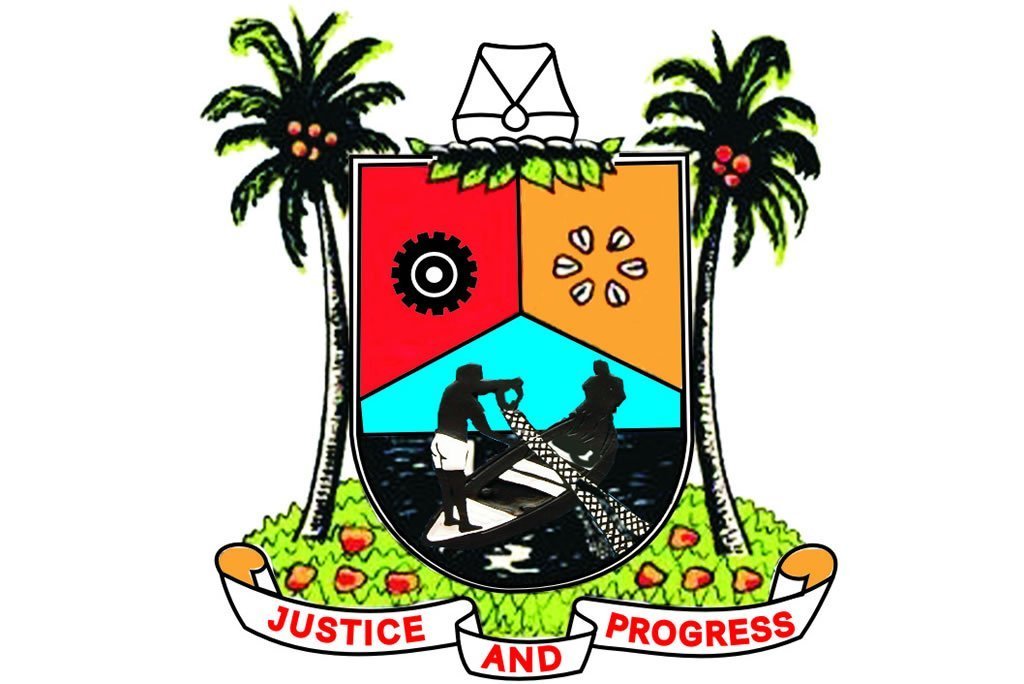The Lagos initiative for law enforcement officers
As part of efforts to boost security and public safety, especially traffic control activities in Lagos State, the state government has provided body-worn security cameras for all law enforcement officials in the state while on duty. The initial recipients comprise officials of Lagos State Traffic Management Agency (LASTMA), Vehicle Inspectorate Office (VIO) and Kick Against […]

Lagos State Government
As part of efforts to boost security and public safety, especially traffic control activities in Lagos State, the state government has provided body-worn security cameras for all law enforcement officials in the state while on duty. The initial recipients comprise officials of Lagos State Traffic Management Agency (LASTMA), Vehicle Inspectorate Office (VIO) and Kick Against Indiscipline (KAI).
While unveiling the body cameras in Lagos House, Ikeja, last week, Governor Babajide Sanwo-Olu expressed hope that the equipment will improve transparency and accountability in law enforcement operations and avail the state the capacity to respond to security contingencies most efficiently and effectively. He also approved the full roll-out of the cameras to commence after the three-day training of the designated officers in May. The training is conducted by the Law Enforcement Training Institute (LETI) of the state.
- Resident doctors will account for any death during strike – Senate committee
- Gunmen hit another police formation in Imo
According to Sanwo-Olu, the deployment of the cameras to improve security in the state is a key pillar in the government’s six-point development agenda with the acronym T. H. E. M. E. The components are Traffic Management and Transport, Health and Environment, Education and Technology, Entertainment and Tourism and Security and Governance.
Novel as they are, body security cameras (also known as body-worn video (BWV) or body-worn camera (BWC)) have come to serve as the new cutting edge devices in security management and enjoy wide use in several countries of the world, where they have acquitted themselves as game-changers in the fight against criminality as well as impunity of law enforcement officials. By providing real-time on-the-spot coverage of contingencies, these cameras provide critical intelligence for authorities to deploy interdiction operations to arrest developing crisis scenarios before things get out of hand. Interestingly, the newer versions are also equipped with video and online streaming capabilities that enable them to record and transmit simultaneously, images of crisis situations, thereby boosting response time and effectiveness by the authorities.
In the light of the foregoing, therefore, the Lagos State governor has by this initiative earned for himself and his administration, the commendable image of a trailblazer, and provides for other states as well as the federal government a model for improving security across the country.
Against the backdrop of the almost run-away state of insecurity across the country and the seeming intractability of the situation, the advent of body-worn security cameras could not have come at a better time. The fight against insecurity and the conduct of law enforcement in Nigeria had been executed with significant drawbacks due mainly to the difficulty in accessing critical intelligence. Among the advantages of body-worn cameras is providing transparency in reporting of crimes as well as diligent prosecution of criminal offences where the actual crimes could have been recorded. Secondly, it will promote respect for human rights by checking impunity by law enforcement agents.
It is in that light that the initiative commends itself for buy-in by the various tiers of governance, and security agencies nationwide. Needless to point out that given that fighting insecurity without the advantages of high tech results in suboptimal outcomes as is the case with Nigeria, the widespread deployment of body-worn cameras remains the needed game-changer for the country. Moreover, given the humongous quantity of the cameras that may be required by needy interests across the length and breadth of the country and maybe other African countries, the situation lends itself to spawning local production and boosting the economy. Such a dispensation will also guarantee a lower price of the equipment.
In the final analysis, it is expected of the rest of the country to appreciate and key into this project as a means of boosting security nationwide.
